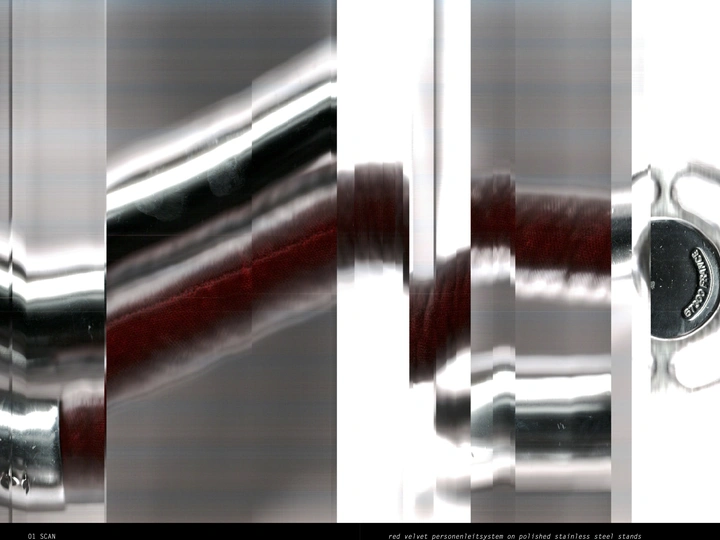democracy-is-merry

Eva Simone Ruof
Spiral Operant, initiated by Lieselotte Düsterhus and Eva Ruof, is a vessel for collaborative research and was triggered by the current political developments.
Through field studies, Spiral Operant engages and documents onsite, forming audio-visual reports of the present state of affairs, to be analyzed and contextualized in discourse. We are particularly concerned with spatially incorporated imbalances of power, as we investigate places of political governance. Our work on the built reality of institutional spaces of decision-making and their relation to the civic body reveals hierarchies, unequal access and participation.
After graduating from ETH Zurich, we both worked as Teaching and Research Assistants at ETH Zurich and EPFL, as well as with various architectural practices in Zurich, Basel, Paris, and Berlin.
Growing political disenchantment and a widespread mistrust in institutions, triggered our investigation of spaces of political governance. Responding to a critique of the intransparency of the European institutions, we set out to open some institutional doors during the European elections in 2024. Through the use of movement-triggered image-capturing devices, we documented the built reality of the European Parliament in Brussels. This technique, a series of interviews and a subsequent analysis of the collected material, revealed the formative role of the lobby - as a space and practice - in processes of decision-making. It is in these transitional spaces that actual negotiation takes place, beyond the scrutiny of media or the public eye. Access to these spaces, and thus to influence, is unequally distributed, closely tied to financial resources and professional interest representation. The fortification of the “Houses of the People” reveals this imbalance, concealing a system that resists transparency and continues to obscure the conflicting interests of its decision-makers. Rather than serving as a platform for broad civic consultation, these spaces facilitate selective participation and reproduce existing hierarchies of influence.
To counteract populist agendas that seek to undermine democratic structures, political space requires the opposite of a fearful retreat from the public: exposure, friction, a diversity of opinions, the acknowledgment of conflicting realities, and, especially, the possibility of participation. Transitional zones, as mediators between the public sphere and the interior, could play a pivotal role in bringing agonistic pluralism to the institutional debate.
Convinced that space conditions behavior and favors certain actions, we see potential in diagnosing systematic deficiencies through an observation of the physical structures of decision-making.